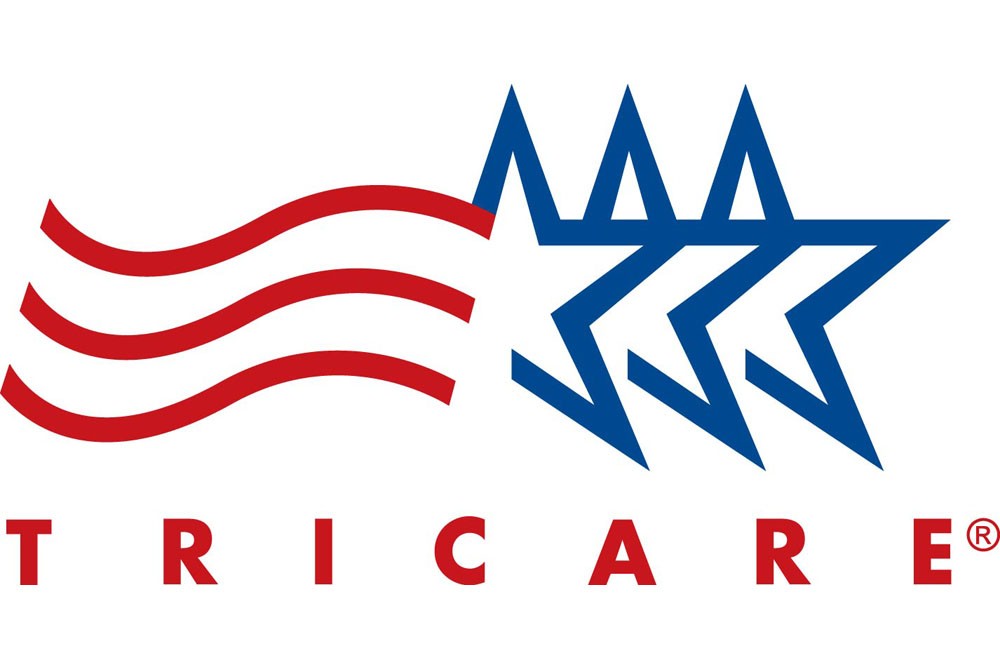WASHINGTON (Army News Service, Feb. 1, 2011) -- With proactive behavioral health care for servicemembers a priority, a top military health care leader stressed the merits of the TRICARE Assistance Program Monday.
Navy Rear Adm. Christine Hunter, deputy chief of TRICARE Management Activity, spoke about the benefit that servicemembers have in the form of at-home help.
"We want to make getting help as easy as possible," Hunter explained.
In existence since 2009, the TRICARE Assistance Program, or TRIAP, offers 24-hour confidential counseling for those needing immediate help, or those who may not want to visit a behavioral health practitioner in person.
"We all are concerned about how our servicemembers are coping given everything that's asked of them, every single day," Hunter said.
Active-duty members and their families, reserve-component Soldiers using TRICARE Reserve Select, and those coming off of a deployment are eligible to use TRIAP. Servicemembers simply need Internet access, a webcam and Skype software to use TRIAP. If troops don't have access to the technology, they can also connect with a counselor via phone or chat.
When logged on, servicemembers will be connected to a licensed mental health counselor, who will assist them during one or two sessions, or if needed refer them to a specialist. Currently, the program is only for adults, and Hunter stressed that TRIAP is for short-term, non-medical concerns.
She added that part of the appeal of the program is that you never know what time of day you might need help, and with TRIAP help is instant -- no need to wait until morning or until the weekend is over.
"The important message is to get help, wherever that may be. We want people to share their stresses, to lighten their load and to get help when they need it," Hunter said.
Since the program's inception, nearly 3,000 calls have been received from servicemembers, predominantly from the Army. Furthermore, TRIAP reports that many of the calls received are from noncommissioned officers and the most called-about issue has been relationship conflicts.
Originally created as a pilot, the program has now been extended until 2012.
For more information, or to use the program, go to www.TRICARE.mil/triap and follow the instructions for contacting a counselor.


Social Sharing